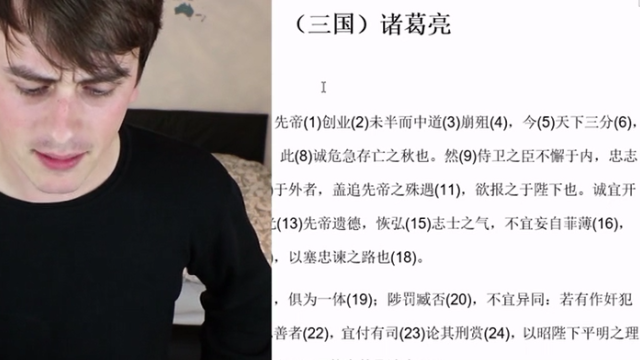咖啡知识小百科(双语)
作者:sunny=曦 译
来源:英国每日电讯
2010-04-26 10:51
If this is coffee, please bring me some tea; if this is tea, please bring me some coffee.
Abraham Lincoln
如果这是咖啡,那就给我倒些茶;如果这是茶,那就给我来些咖啡。——亚伯拉罕·林肯
Desert fruit
沙漠中的果实
Every cup of coffee you drink owes its existence to a fruit that grew wild in the Yemeni desert. The Sufi mystics of Yemen were the first to roast and brew the seeds into a drink. It helped them stay awake during long hours of prayer. It spread to Ethiopia (where it was banned by the Ethiopian church) and then to the Arab world. Coffee houses called kaveh kanes (from where we get "coffee" and "café") sprang up on every corner. By the 15th century, Mecca was filled with men with mugs.
你所喝到的每一杯咖啡,都是由于也门沙漠中遍地种植的咖啡豆而存在。也门的苏菲神秘主义者是第一批将咖啡豆烘烤,并将其酿造成饮品。有了这些饮品,他们可以在长时间的祈求中保持清醒。后来,咖啡传到了埃塞俄比亚(埃塞尔比亚教会禁止咖啡),接着传到了阿拉伯世界。之后,被称为kaveh kanes的咖啡馆(我们喝咖啡的地方)雨后春笋般出现在世界每个角落。到了15世纪,喝着咖啡的人在麦加随处可见。
Coffee houses
咖啡馆
The habit spread to the rest of Europe in the 17th century. One of the first coffee houses in England was opened in Oxford by Jacob, a Turkish Jew, in 1650. Its coffee was described as "a simple Innocent thing, incomparable good for those that are troubled with melancholy".
17世纪,喝咖啡的习惯传遍了欧洲。1650年,一个名为雅各的土耳其犹太人在牛津开了英国的首家咖啡馆。雅各的咖啡被人们这样形容:“咖啡是一杯简单朴素的饮品,对于饱受愁思的人来说,这是无与伦比的好饮品。”
Coffee became popular with scholars as it sharpened the mind rather than dulled it like alcohol. Coffee houses became meeting places, debating chambers and even laboratories. Isaac Newton and Edmond Halley once dissected a dolphin on the table of a coffee house in London. Lloyd's of London and the Stock Exchange started life as coffee houses. But the craze had its detractors. The brewing of ale had long been the preserve of women, known as "brewsters" or "alewives". In 1674, a group of them – alarmed at falling trade in taverns – drew up the Women's Petition Against Coffee, claiming: "Coffee makes a man barren as the desert out of which this unlucky berry has been imported."
咖啡能提神,而且不像酒精那样使人迟钝,因此咖啡深受知识分子的喜爱。后来,咖啡馆变成了会议室和辩论场所,甚至成为了实验室。牛顿和哈雷曾经在伦敦咖啡馆的桌子上解剖海豚。劳埃德船舶保险公司和英国证券交易所的前身也是咖啡馆。然而,并不是所有人都对咖啡有好感。女性是酿造啤酒的长期拥护者,于是,她们被称为"brewsters"和"alewives"。在 1674年,这部分人向人们提醒:啤酒制造量正在下降。另外,她们还拟出了一份《妇女抵抗咖啡请愿书》,请愿书写道:“种植不吉利果实的沙漠到处寸草不生,所以,咖啡会使男人不育。”
Commodity
咖啡成为日用品
For centuries, Arabia controlled the coffee industry until (as legend has it) a pilgrim from Mecca smuggled beans back to India and began an agricultural revolution. The Dutch also managed to get a plant back to Amsterdam and to their colonies in Indonesia, so Europe soon had new cheaper sources for their beans. Coffee is now grown in more than 70 countries and is the second most commonly traded commodity in the world after oil.
阿拉伯世界统治了咖啡行业有好几个世纪,之后,部分麦加朝圣者将咖啡豆走私到印度,这促使了印度的农业革命。另外,荷兰人也耍了一下脑筋,将咖啡豆带到了阿姆斯特丹和他们在印尼的殖民地,不久后,欧洲人就拥有了便宜的咖啡豆来源。如今,世界上超过70个国家种植了咖啡豆,而咖啡豆成为了世界上也除石油外的第二大日常交易品。
- 相关热点:
- 北京林业大学











